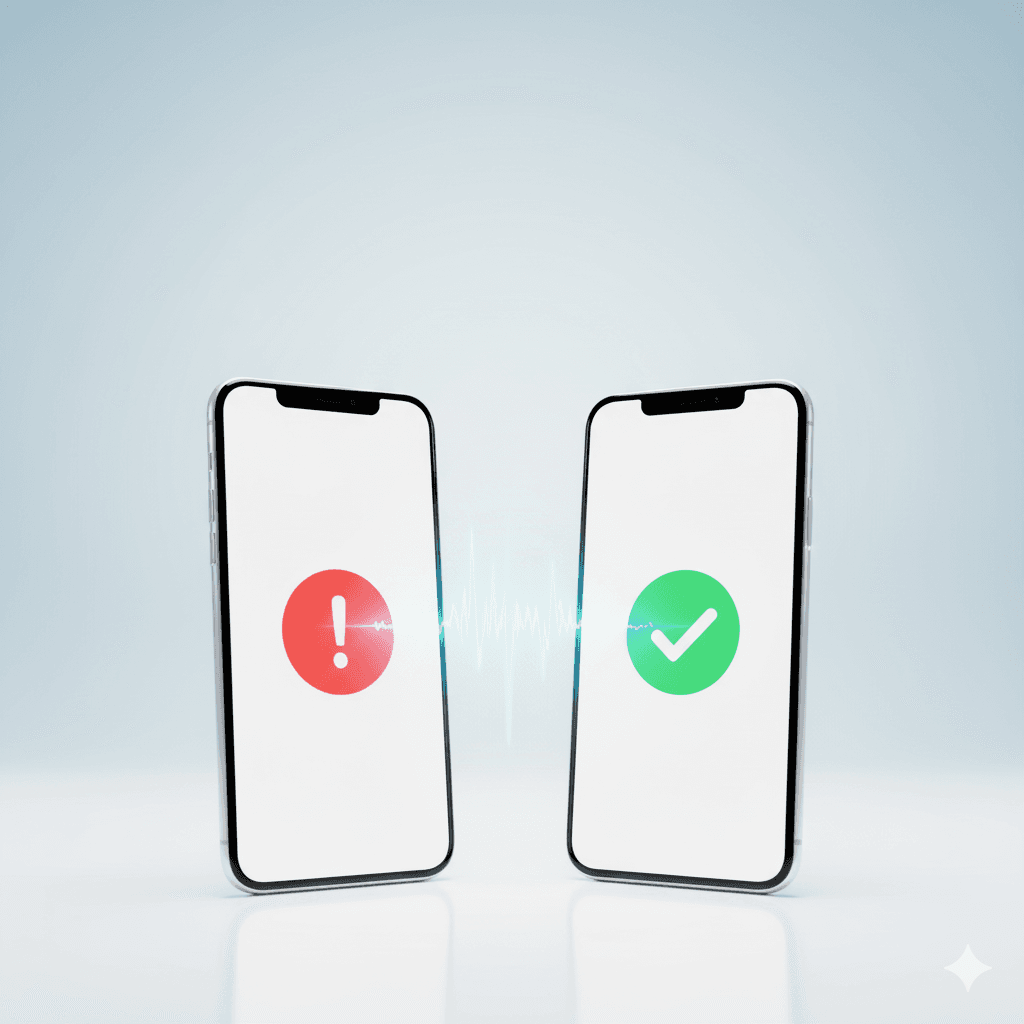TLDR:
Voice AI bots are quickly becoming the backbone of outbound calling. But if you’ve ever tested one in a real call center, you know the difference between a bot that works and one that just - well - talks. Small delays, clunky handoffs, or missing compliance features can easily add up to frustrated customers and lost savings.
We tested Trillet, Bland, Retell, and Vapi across latency, pricing, features, and compliance. Retell and Trillet tied fastest at ~2.1s, Bland trailed at 2.4s, and Vapi was slowest at 2.6s. Pricing starts at $0.09/min for Trillet and Bland, but only Trillet combines low cost with enterprise features and built-in compliance.
Latency and Call Handling
Response time is make-or-break for a voice bot. In testing, Trillet and Retell came out fastest at 2.1 seconds, keeping conversations fluid. Bland was a touch slower at 2.4, and Vapi lagged most at 2.6. It might not seem much of a difference, but in practice, those extra beats can feel awkward to a caller.
Concurrency also matters for scale. Trillet and Retell handle over 20 calls at once (that is, before upgrades), while Bland and Vapi cap out at around 10+. For larger operations, that difference can plan upgrades sooner than planned.
Pricing and Value
Trillet and Bland tie as the cheapest at $0.09 per minute. Retell charges $0.12, and Vapi sits highest at $0.15. But raw pricing doesn’t tell the whole story.
Trillet adds competition to the game by providing team support with sub-2-hour response times and native white-labelling - unlike its competitors who keep most of that behind “enterprise-only” walls or white-labels through third parties. If you’re planning on moving quickly, this extra friction can really slow you down. Yikes.
Features That Matter in the Real World
Trillet checks nearly every box: call memory, retries, auto-callbacks, after-hours handling, number masking, honeypot detection (traps wasting your AI’s caller time), and MCP support.
Bland and Retell are more basic: solid webhook support and multi-channel, but they leave out some of the reliability features enterprises usually need at scale. Vapi improves on that a little with auto-callbacks and retries, but skips call memory and after-hours coverage.
For anyone running a busy contact centre, those missing features aren’t “extras.” They’re what stop customer experience from breaking down at 5:03 p.m. Yikes (2).
Compliance and Data Handling
Ensuring regulatory compliance for outbound calling is essential - and our platforms represent that. Vapi, however, makes it a bit pricey with a $1000/month add-on.
Trillet pulls ahead with built-in TCPA and ACMA coverage - a real lifesaver for outbound campaigns. Trillet so far is the only platform that has comprehensive compliance coverage. Calls can go out without the usual legal stress, and for teams juggling thousands of dials a day, that’s one less headache to deal with. Big win.
Trillet and Vapi provide global data storage and accessibility, which is especially attractive for teams working across regions. Bland and Retell, by keeping data local to the United States, limit access to global leads and restrict outbound calling to domestic markets.
Bottom Line
Each platform brings something to the table. Retell keeps pace with Trillet on speed - but that's about where the similarities end. Bland tries to win on price, then handcuffs you with concurrency limits and inflexible storage. Vapi throws in auto-callbacks and retries, which is nice until you see the bill and realise compliance costs extra.
Bottom line: Retell is fast, Bland is cheap, Vapi is pricey-but-patchy. Trillet balances cost, performance, features, and compliance out of the box.




